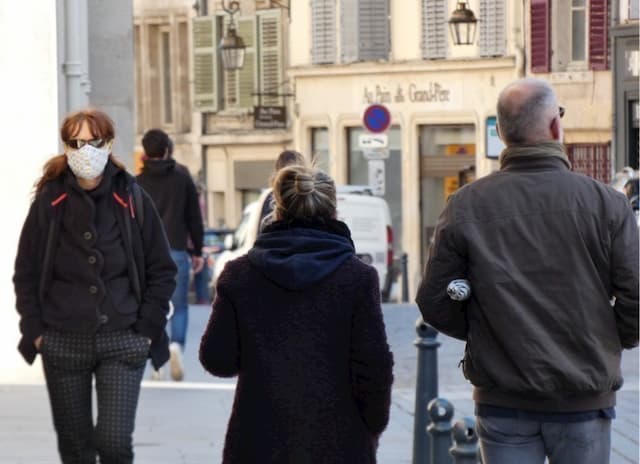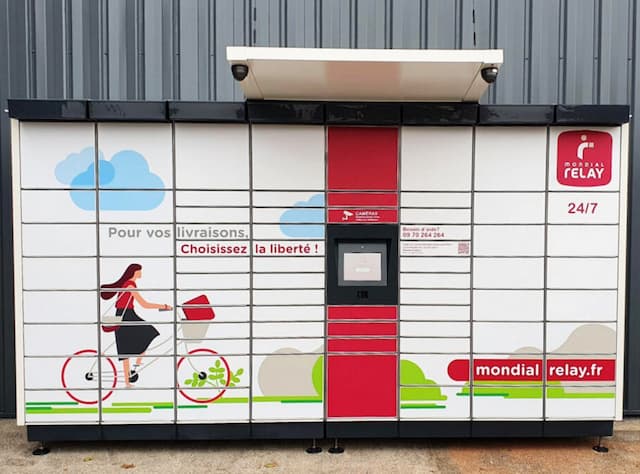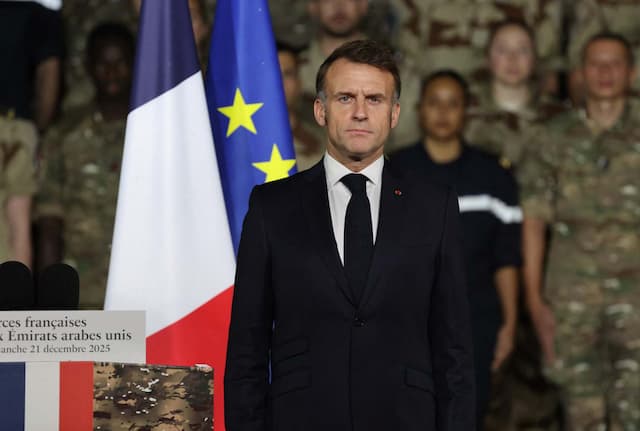End of the State of Health Emergency: Gatherings, Stadiums, Masks … What Changes on July 11th

The National Assembly definitively adopted the bill to exit the state of health emergency on July 10th. After this date, certain restrictions will be lifted.
The state of health emergency is almost over. Declared March 23rd to deal with the coronavirus epidemic, it must end on Friday 10th July (except in Guyana and Mayotte, where it is extended until October 30th inclusive).
A possible exit from a state of emergency because the Coronavirus Covid-19 epidemic is under control for the moment, even if the scientific council is unanimous on the probability of a second wave.
Thursday, July 2, 2020, in the evening, the National Assembly definitively adopted the bill organizing the exit from the state of health emergency. What to remember from this new phase of deconfinement.
What changes on July 11th
Among the consequences of this end of the state of health emergency, we find:
- End of the waiting period: on July 11, the waiting period in the event of sick leave is back , after having been eliminated during the crisis. It is three days for private sector employees and one day for the public service.
- End of the tax exemption for overtime: after July 10, overtime will no longer benefit from an income tax exemption up to a limit of 7,500 euros per year. The ceiling amounts to 5000 euros.
- The price cap for masks and hydroalcoholic gel must also end on July 10th. It was set at 95 cents for a mask and 2.64 euros the price of a 100 ml bottle of gel.
- July 11 will also mark the end of thetrève hivernale (winter break) and therefore the possibility for landlords to again evict tenants.
- Another consequence is that energy suppliers will again be allowed to cut off access to natural gas and electricity in the event of non-payment of bills. EDF has assured that it will suspend power cuts and late payment penalties until September 1st.
Alors que le confinement se prolonge, EDF prend des mesures inédites pour ses clients particuliers en suspendant jusqu’au 1er septembre 2020 les coupures d’énergie et les pénalités de retard de paiement #Covid19 #TousMobilisés #EDF https://t.co/aSqf9h8ae1
— EDF Officiel (@EDFofficiel) April 16, 2020
- The reopening of stadiums, racetracks, arenas to the public, with a “maximum gauge” of 5000 people which should remain in force until September, with the wearing of a mandatory mask. A further review of the situation will be carried out in mid-July in view of potential easing for the second part of August.
- As with performance halls, activities bringing together more than 1,500 people must give rise to a declaration at the prefecture to receive the public.
- River cruises will be authorized again and sea cruises may take place between European ports, “for ships whose capacity does not exceed a limit set by ministerial decree”, according to the government.
- As for gatherings of people on the public highway, they remained supervised and limited to a maximum of 10 people (except funeral ceremonies, transport, etc.) as part of the state of health emergency, with prefectoral derogation possible. This measure must be lifted with the end of the state of health emergency but the new Prime Minister Jean Castex can decide otherwise by decree. For the moment, neither Matignon nor the Ministry of the Interior has spoken on the subject.
- On the side of the demonstrations, after having been initially prohibited then authorized under conditions, the Council of State demanded on July 6 that they can take place without prior authorization of the prefecture.
Read also: July 14th in Paris: the fireworks of the Eiffel Tower prohibited to the public because of the coronavirus

Some bans until September
Certain measures remain restrictive during the summer, in particular:
- The wearing of masks is still required in public transport this summer and into November.
- The maximum tonnage of 5,000 people for major events, stadiums and performance halls is scheduled to be in effect until September 1st. But a further review of the epidemiological situation must be carried out by mid-July. If conditions allow, a softening may be possible for the second part of August.
- The amateur practice of combat sports is still prohibited this summer. A situation which must be reviewed before the start of the new school year in September.
- For fairs, shows, exhibitions and international maritime cruises, it will be necessary to wait until September,
- Ditto for nightclubs. Faced with the anger and misunderstanding of the owners of nightclubs, the possibility of an early reopening of establishments was raised and the professionals were received by the Ministry of Health. Asked about the issue in the National Assembly on July 8, Minister Olivier Véran assured that the State would come to their aid, without saying more.
“La France a pris la décision de ne pas rouvrir les discothèques compte tenu de la situation sanitaire et des risques (…) L’Etat sera au rendez-vous pour venir en aide au monde de la nuit”, explique @olivierveran qui dément tout “ostracisme” du gouvernement. #Covid19 #DirectAN pic.twitter.com/TTfsV5zLo5
— LCP (@LCP) July 8, 2020
Always possible to take restrictive measures
These exit conditions have been the subject of numerous debates, in the National Assembly as in the Senate, since its tabling in Parliament by the Minister of Health Olivier Véran on June 10 .
The main point of disagreement, article 1 of the text (finally adopted), which allows the Prime Minister to take regulatory measures by decree in case of resumption of the epidemic, even after the exit from the state of emergency.
In this case and until October 30, 2020, the Prime Minister may by decree again:
- Restrict or prohibit traffic, access to means of transport.
- Decide on the obligation to wear a mask in public transport.
- Decide on the temporary closure of establishments open to the public in certain parts of the territory where the circulation of the virus is active.
- Limit or ban gatherings on the public highway or any form of assembly…
Oppositions, from the right as well as from the left, see it as “liberticidal” measures and denounce a state of emergency “which does not say its name” beyond July 10th.
The text also provides:
- Of virological mandatory test in the coming months for travellers wishing to travel by air overseas.
- The extension of the storage of certain data collected by health information systems, for epidemiological surveillance and research purposes, without identifying individuals.
On the other hand, if a new containment were to be considered, the government would be obliged to declare a new state of health emergency.
Note that an appeal was lodged on July 4th by 60 senators before the Constitutional Council, which examined the request. The Constitutional Council validated the law. However, he underlined that the restrictions of circulation which could be taken again by decree can only concern “the territories where an active circulation of the virus has been noted”. He also judges that “the ban on the movement of people cannot lead to their being prohibited from leaving their home or its surroundings”.
Décision n° 2020-803 DC du 9 juillet 2020, [Loi organisant la sortie de l’état d’urgence sanitaire] Conformité https://t.co/NSDIKSTcgO pic.twitter.com/n2uihXiGIB
— Conseil constit (@Conseil_constit) July 9, 2020
Enjoyed this? Get the week’s top France stories
One email every Sunday. Unsubscribe anytime.


